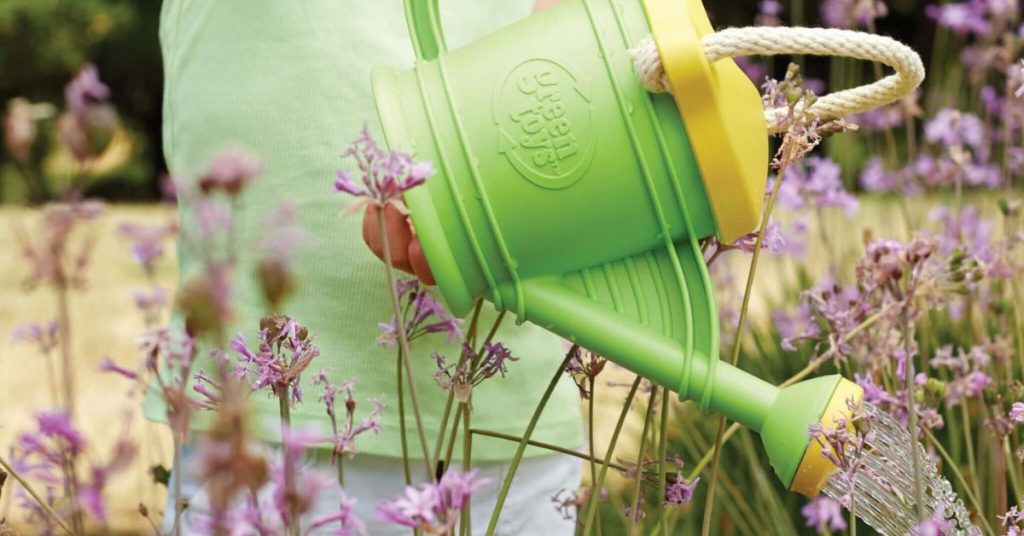In today’s world, encouraging a sense of responsibility for the environment in our children is more important than ever. Sustainable gardening is a good way to teach children about taking care of the planet. It can also help them to grow a love for nature.
Gardening can greatly benefit children’s mental health by boosting their self-esteem and providing a sense of accomplishment. Spending time in nature and gardening can help reduce stress, depression, and anxiety in both children and adults.
Here we discuss the importance of exploring sustainable gardening for children and how we can involve them in these eco-friendly practices.

Reasons to Explore Sustainable Gardening for Kids
1. Planting The Seeds of Sustainability
Sustainable gardening goes beyond just growing plants; it’s about encouraging an environmental mindset from a young age. When children participate in sustainable gardening, they can learn how their actions affect the environment and make better choices.
2. Hands-on Learning and Discovery
Gardening offers children a hands-on learning experience. Kids can experience the full life cycle of plants, from planting seeds to harvesting fruits and vegetables. This hands-on experience helps them gain a deeper understanding of where food comes from. Sustainable gardening activities like composting and water conservation teach valuable lessons about resource management and ecosystems.
3. Nurturing Green Thumbs Through Sustainable Gardening
When kids take part in gardening, they develop essential life skills, such as responsibility, patience, and perseverance. As they care for plants and watch them grow, children learn the importance of dedication. Gardening allows children to be creative and express themselves by designing their own gardens and experimenting with various plants and layouts.
4. Environmental Awareness
Sustainable gardening encourages children to become environmental champions in their own communities. By participating in activities like planting trees, creating wildlife habitats, and recycling garden materials, kids learn how their actions can positively impact the environment. Gardening projects also offer opportunities for children to engage in meaningful discussions about conservation and sustainability,.
5. Building Stronger Connections
Gardening is a wonderful way for families to bond and spend quality time together outdoors. Working side by side in the garden provides opportunities for meaningful conversations and shared experiences. Whether it’s planting a vegetable patch, building a compost bin, or creating a butterfly garden, sustainable gardening projects offer countless opportunities for families to connect with nature and each other.
Involving Children in Sustainable Gardening
Here are some practical tips for some activities that will encourage sustainable gardening for kids:
- Start small with a container garden or raised beds that are easy for children to manage.
- Choose native plants that are well-suited to your climate and require minimal maintenance.
- Involve kids in every step of the gardening process, from planning and planting to watering and harvesting.
- Teach children about the importance of soil health and how to create compost from organic waste.
- Encourage wildlife-friendly practices like planting pollinator-friendly flowers and providing food and shelter for birds and insects.
Mud & Bloom have lots of ideas to get the kids involved in gardening, as well as offering monthly gardening boxes.
Promoting sustainable gardening involves more than just growing plants. It’s also about encouraging a love for nature and teaching children valuable life lessons. Involving kids in gardening helps them learn about the environment and make a positive impact on the world.
So let’s roll up our sleeves, grab our gardening gloves, and help our children bloom together.
—–
Discover Whirli’s range of outdoor toys, and fill their next Whirli box with outdoor fun.
Share this article